Table of Contents
So, you've got this great idea for a family entertainment center, a church hall upgrade, or maybe a restaurant trying to keep the little humans occupied. Awesome. Now comes the not-so-glamorous part: figuring out where to get the actual stuff – the slides, the climbing structures, the foam pits. This is where the hunt for reliable indoor play equipment suppliers begins, and let's be honest, it can feel like navigating a jungle gym blindfolded.
Navigating the Landscape of Indoor Play Equipment Suppliers
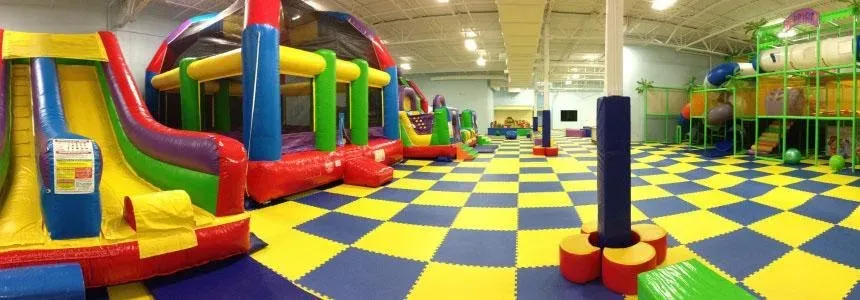
Navigating the Landscape of Indoor Play Equipment Suppliers
Where Do You Even Start Looking?
Alright, so you've got the dream: a place where kids can burn off energy safely, rain or shine. But then reality hits. You need the actual *stuff* – the slides, the tubes, the padded floors. Typing "indoor play equipment suppliers" into a search bar feels like opening Pandora's Box. You get everyone from massive international corporations with slick websites to smaller, regional workshops. They all promise the moon, but how do you figure out who's legit? It's not like buying office furniture; there are safety standards, material considerations, and design nuances that can make or break your project. You need partners who understand the wear and tear these structures endure and, more importantly, understand child safety like it's their religion.
Beyond the Pretty Pictures: Understanding Supplier Types
Not all indoor play equipment suppliers are created equal. Some are manufacturers, building everything in-house from raw materials. Others are distributors, selling equipment made by various factories, sometimes overseas. Then you have the custom designers who work with you from scratch. Each type has pros and cons. Manufacturers might offer more control over quality and customization, but distributors might provide a wider range of pre-designed options or quicker turnaround times. Knowing who you're talking to – are they making it or just selling it? – is step one in navigating this complex landscape. It helps set expectations about pricing, lead times, and how much flexibility you'll have with the design.
Here's a quick look at supplier types:
- **Manufacturers:** Build equipment themselves. Often offer high customization.
- **Distributors:** Sell equipment from multiple manufacturers. Might have a wider variety or stock options.
- **Design & Build Firms:** Specialize in custom layouts and unique concepts, often partnering with manufacturers.
What Good Indoor Play Equipment Suppliers Offer Beyond the Structure
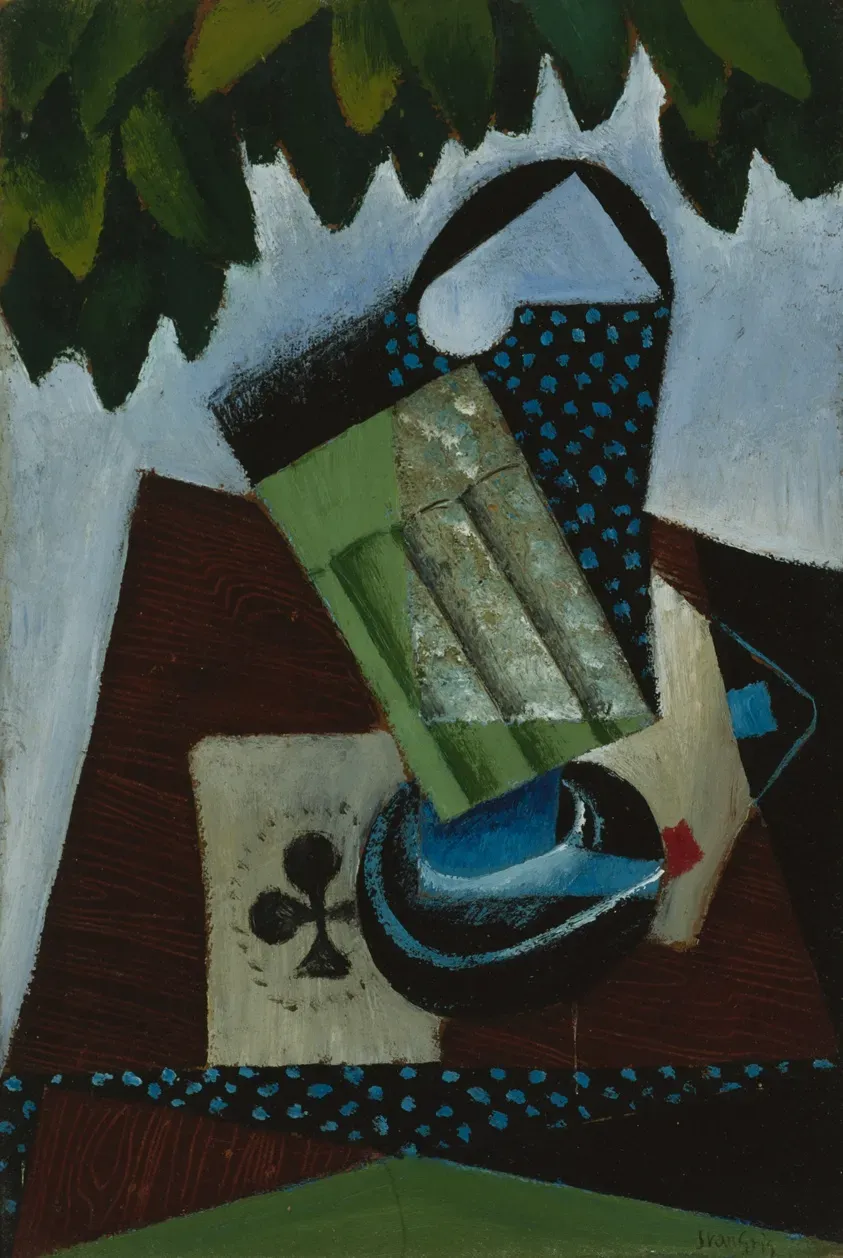
What Good Indoor Play Equipment Suppliers Offer Beyond the Structure
More Than Just Selling Steel and Plastic
so you've found a few potential indoor play equipment suppliers. They've got catalogs full of bright, shiny structures. Great. But the truly good ones? They don't just ship you a pile of parts and a confusing instruction manual. They offer actual help planning the space. Think about it: you have an empty room, maybe with some weird columns or sloped ceilings. A top-tier supplier sends a designer, or at least works closely with you remotely, to maximize the play area, ensure smooth traffic flow, and hit all the necessary safety clearances. They're not just selling equipment; they're selling a functional, engaging layout that fits your specific building and budget. It's less about pushing products and more about solving your spatial puzzle.
Guiding You Through the Build Process
Let's be real: installing a massive indoor playground isn't a weekend DIY project. The complexity is way beyond assembling IKEA furniture. This is another area where the best indoor play equipment suppliers stand out. Do they offer installation services or connect you with certified installers? Do they provide detailed, easy-to-follow instructions and support for your own build team? A good supplier anticipates the challenges of construction – the tight corners, the unexpected delays, the sheer scale of the project – and has systems in place to help you through it. They act as a resource, not just a shipper.
Think about these support questions when evaluating suppliers:
- Do they offer professional installation?
- Is detailed assembly documentation provided?
- Is technical support available during installation?
- Can they provide site-specific layout drawings?
- Do they help with logistics like shipping and delivery timing?
Support That Extends Beyond the Sale
Beyond the initial design and build, what good indoor play equipment suppliers offer goes even further. We're talking about things like financing options – because let's face it, this equipment is an investment, not pocket change. Do they have partnerships with leasing companies, or offer payment plans? And what about after the playground is up and running? Are they available for questions about maintenance, cleaning, or replacement parts down the road? A supplier who sees you as a long-term partner, not just a one-time transaction, is invaluable. They understand that your success is, in part, tied to the longevity and safety of the equipment they provided.
Choosing Your Indoor Play Equipment Suppliers: Quality and Compliance
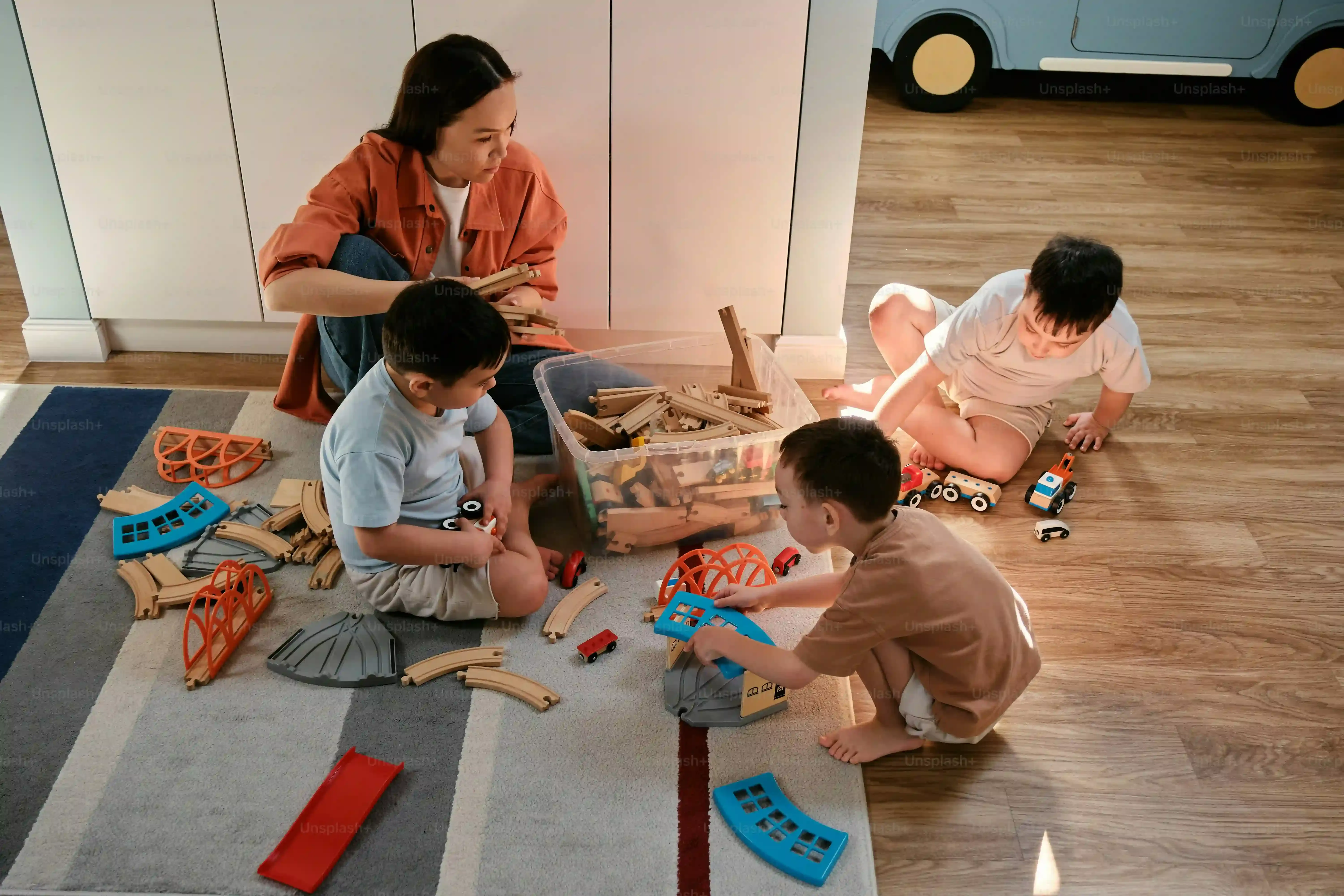
Choosing Your Indoor Play Equipment Suppliers: Quality and Compliance
Why "Looks Good" Isn't Good Enough
so you've narrowed down your list of potential indoor play equipment suppliers. Their brochures look fantastic, the colors pop, and the designs seem exciting. But hold on a second. This isn't just about aesthetics. We're talking about structures that will be climbed on, jumped off, slid down, and generally assaulted by hundreds, maybe thousands, of energetic kids every single week. Quality isn't a bonus; it's the bedrock. You need to ask tough questions about the materials used. Is the steel tubing thick enough? Is the padding dense and durable, or will it flatten out in a month? Are the plastics UV-resistant if there's natural light involved? A cheap structure today means constant repairs, potential downtime, and maybe even safety issues tomorrow. You want equipment built like a tank, not a toy.
Safety Standards Aren't Optional, They're the Law (Sort Of)
This is the absolute non-negotiable part when evaluating indoor play equipment suppliers. Period. There are established safety standards for playground equipment, like ASTM F1487 in the U.S. or EN 1176 in Europe. These aren't just suggestions; they cover critical aspects like fall height requirements, entrapment hazards, structural integrity, and material toxicity. Any supplier worth their salt will not only be familiar with these standards but will design and manufacture their equipment to meet or exceed them. Ask for their compliance certifications. Demand proof. If a supplier is vague about standards or acts like they're optional, walk away. Seriously, run. Putting kids at risk to save a few bucks is just asking for a lawsuit and, far worse, a preventable injury.
When talking to indoor play equipment suppliers, always ask about:
- Specific safety standards their equipment meets (e.g., ASTM F1487, EN 1176).
- Certifications from accredited third-party testing labs.
- How they test their equipment for durability and safety.
- Their process for identifying and mitigating potential hazards during design.
- Material specifications and toxicity reports.
Checking Their Track Record: What Do Others Say?
Anyone can say they build quality, compliant equipment. The real test is their history. Before you commit to any indoor play equipment suppliers, do some digging. Ask for references – and actually call them. Talk to other facility owners who have used their equipment for a few years. How has it held up? What was the supplier like to work with during installation? How responsive are they when issues arise? Look for reviews, check industry forums, and see if they have a history of safety incidents or complaints. A supplier's reputation for delivering on their promises of quality and safety is often the most telling indicator of what you can expect.
Support and Warranty from Top Indoor Play Equipment Suppliers
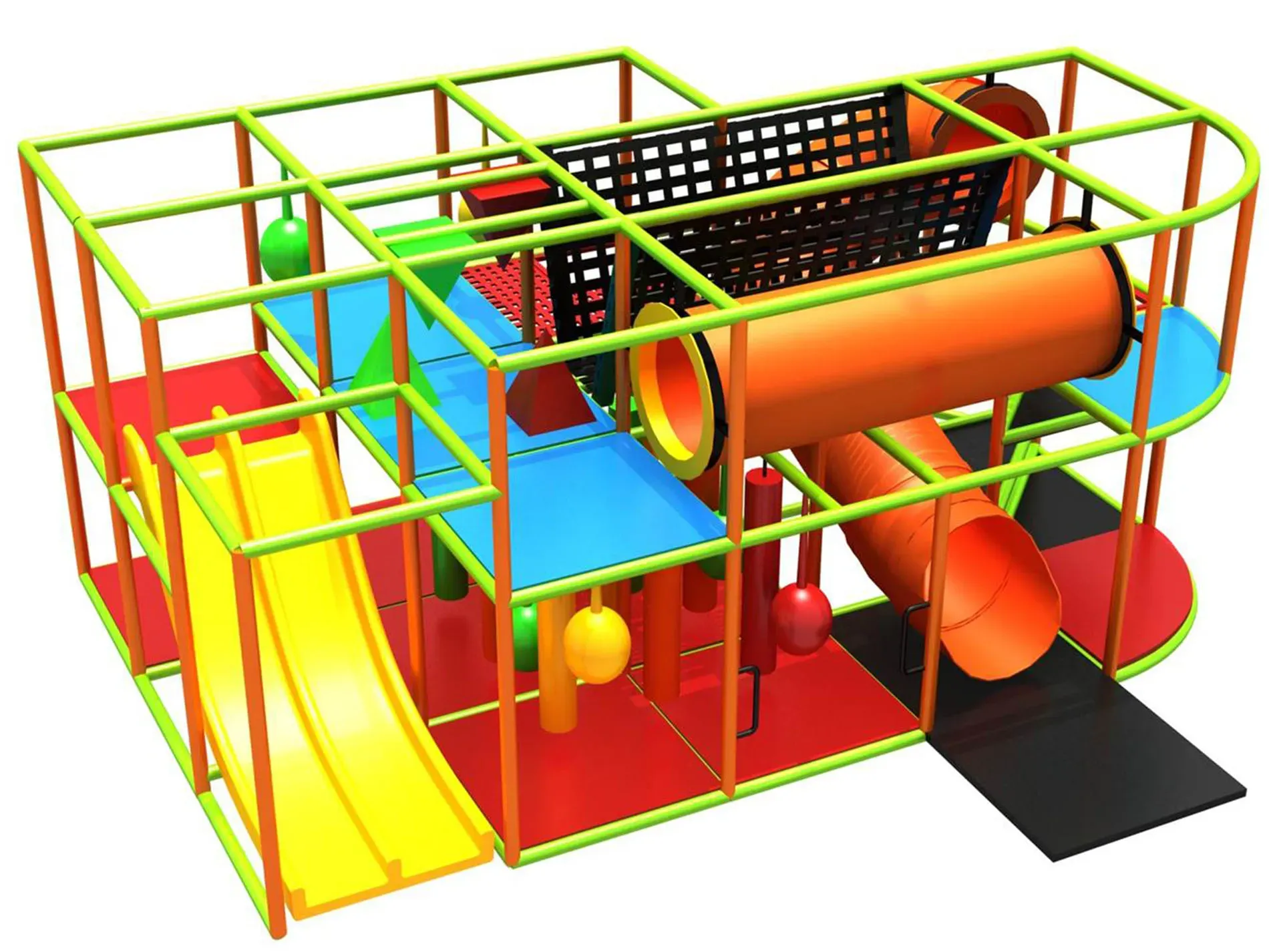
Support and Warranty from Top Indoor Play Equipment Suppliers
What Happens After the Installers Leave?
the colorful structure is up, the grand opening ribbon is cut, and the kids are screaming – hopefully with joy, not because a piece fell off. This is where the rubber meets the road for indoor play equipment suppliers. The initial sale and installation are just the beginning. What kind of support can you actually expect when something inevitably needs attention? Maybe a net gets ripped, a pad wears thin, or some obscure part needs replacing. Do they have a readily available spare parts catalog? Is there a dedicated support line you can call that doesn't put you on hold for an hour listening to elevator music? The best suppliers understand that downtime costs you money and frustrated customers. They have systems in place to get you what you need quickly and efficiently, keeping your playground safe and operational.
Understanding the Warranty: Read the Fine Print
Every piece of commercial equipment comes with a warranty, but not all warranties are created equal. When evaluating indoor play equipment suppliers, the warranty isn't just a piece of paper; it's their promise of quality and durability. How long is it? What exactly does it cover – just manufacturing defects, or does it include wear and tear on certain components? Are there specific maintenance requirements you have to follow to keep the warranty valid? Some warranties sound great on paper but have so many loopholes they're practically useless. A solid warranty, typically 12-18 months or even longer for structural elements, backed by a supplier with a good reputation for honoring claims, provides crucial peace of mind. It shows they stand behind their product.
Questions to ask indoor play equipment suppliers about their warranty:
- What is the total warranty period?
- Does the warranty cover all components or just structural parts?
- What specific types of damage or defects are covered?
- Are there any exclusions (e.g., normal wear and tear, improper maintenance)?
- What is the process for filing a warranty claim?
- How quickly do they typically process claims and provide replacements?
Connecting with Experienced Indoor Play Equipment Suppliers
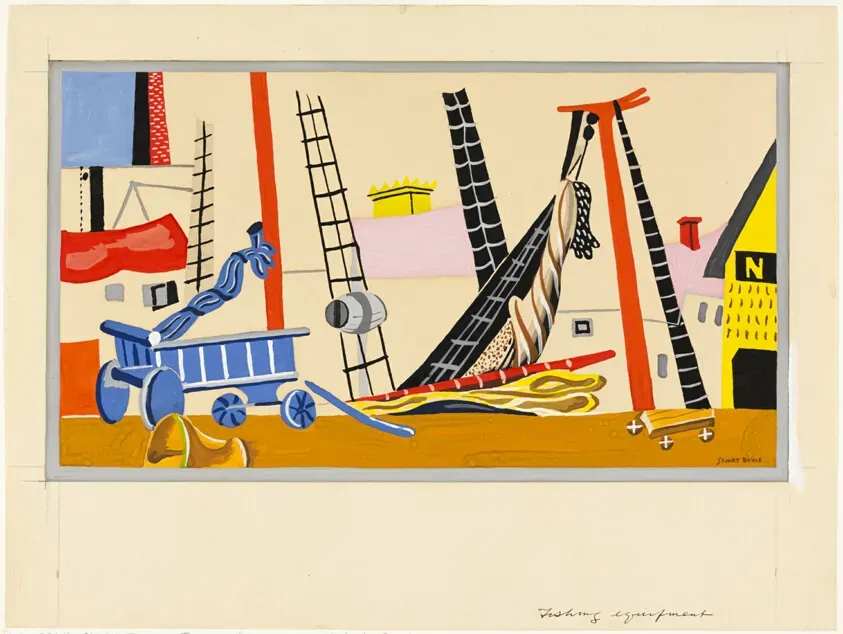
Connecting with Experienced Indoor Play Equipment Suppliers
Finding the Ones Who Know Their Stuff
you've done your homework. You understand the different types of suppliers, you know quality isn't just a buzzword, and you're ready to talk turkey. But how do you actually find the *experienced* indoor play equipment suppliers – the ones who won't treat you like a number or disappear after the first payment? Start by looking at projects similar to yours. See a great indoor playground somewhere? Ask the owner who built it. Industry trade shows, even virtual ones, are goldmines for meeting potential partners face-to-face (or screen-to-screen). Don't just grab brochures; talk to their reps, ask pointed questions about their process, their safety testing, their installation support. Look for companies that specialize in the *type* of play you envision – is it high-adventure climbing, soft play for toddlers, or a mix? Suppliers with a proven track record in your niche are more likely to understand your specific needs and challenges. A quick online search is a start, but digging deeper into their portfolio and talking to past clients is where you find the real insights.
Making the First Contact Count
When you reach out to potential indoor play equipment suppliers, be prepared. Have your basic information ready: your budget range (even a rough one), the size and layout of your space (drawings are a huge plus), your target audience (toddlers, older kids, mixed ages?), and your timeline. Experienced suppliers appreciate a client who has thought things through; it shows you're serious. Pay attention to their initial response. Are they asking intelligent questions about your project, or just pushing their standard models? Do they seem genuinely interested in understanding your vision, or are they just trying to close a deal? This initial interaction is your first taste of what their customer service will be like throughout the entire process. If they're slow to respond, provide vague answers, or act annoyed by your questions now, imagine what they'll be like when you have an issue during installation or need a replacement part years down the road.
Here's a brief checklist for your initial supplier contact:
- Have your budget range defined.
- Know your space dimensions and layout.
- Identify your target age group(s).
- Outline your desired play elements (slides, climbers, etc.).
- Ask about their experience with similar projects.
- Inquire about their design process.
- Request information on safety standards and certifications.
- Ask for client references.
Making Your Final Selection
Landing on the right indoor play equipment suppliers isn't just about comparing price lists. It's about finding a partner who understands the grind of setting up and running a play space. You've looked at their structures, poked at their materials (virtually, probably), and hopefully, gotten a real sense of their commitment to safety standards – the kind that keeps lawyers away and parents happy. The warranty matters, the support structure matters, and frankly, whether you can actually talk to a human when something goes wrong matters a lot. Choose the supplier who seems less interested in making a quick sale and more invested in seeing your project actually work, because that's the relationship that will pay off when the doors open and the kids start climbing.